Gray•Duffy Attorney Obtains Favorable Ruling on Appeal
November 2004
Michael M. Molinaro of our Encino office recently received news of a favorable result resisting a Plaintiff’s appeal to the Court of Appeal of the State of California, Second Appellate District, Division Seven.
Gray•Duffy prevailed in an opinion filed November 15, 2004 following Mr. Molinaro’s work completing the respondent’s brief for the Court of Appeal, and following oral argument before the Court of Appeal by John Duffy.
The Court of Appeal’s opinion affirmed a nonsuit order in favor of a sign company which the trial court had granted after Plaintiff’s counsel’s opening argument. As no testimony or other evidence had been presented, this was a rather unusual procedural stage of trial for an order granting a nonsuit motion. Mr. Molinaro’s brief contributed to successfully persuading the Court of Appeal that the trial court had not abused its discretion in denying Plaintiff leave to amend Plaintiff’s pleadings, or allowing Plaintiff to offer testimony to prove a negligence claim.
The underlying incident occurred when the Plaintiff was working for an uninsured employer who had hired a sign company to complete sign installation work at a number of bank branches. While on the job, the Plaintiff fell from an attic, through an attic access hatch. The basis for the nonsuit motion had been that the sign company had been substituted in the case to replace Does 2 and 3, and that the complaint asserted only a premises liability cause of action against Does 2 and 3. The sign company argued that they could not be liable for premises liability as a matter of law because premises liability requires that the Defendant be an owner, occupant, or lessor of the property with the allegedly dangerous condition, and they were not owners, occupants, or lessors. As the negligence claim was not asserted against them, they sought judgment in their favor.
The trial court initially was inclined to permit Plaintiff to amend the complaint, but upon hearing the Defendant’ explanation of how the late amendment would have prejudiced them, the court denied the motion to amend and granted the nonsuit motion. Plaintiff argued that the trial court should have granted leave to amend to assert a negligence cause of action against the sign company.
Mr. Molinaro’s respondent’s brief emphasized that the trial court was well aware of the Privette line of cases and workers’ compensation law, which can bar an injured worker’s claims against most or all parties but his employer, when the injury is attributed to a dangerous condition in the work area. The respondent’s brief contributed to successfully persuading the Court of Appeal that the trial court did not abuse its discretion.
The Court, rephrasing much of respondent’s brief, wrote:
“Plaintiff had been alerted to the existence of his pleading problem when the court heard pretrial motions… The record supports the court’s conclusions the plaintiff was on notice of the pleading error; that plaintiff could have moved to amend the complaint earlier; and that the defendants would have been prejudiced by being forced to defend against a claim that had not been alleged as to them and upon which they had conducted no discovery. Although plaintiff cites a number of cases in which late amendments were permitted, in none of those cases did the trial court conclude that the delay in seeking to amend was unreasonable and that the adverse party would be prejudiced by the amendment. The trial court, therefore, did not abuse its discretion when it denied the motion to amend.”
Roy Cohen v. Bank of America, Case No. B167829, (Los Angeles County Superior Court No. EC032055).
Please Note: This article is necessarily general in nature and is not a substitute for legal advice with respect to any particular case. Readers should consult with an attorney before taking any action affecting their interests.


